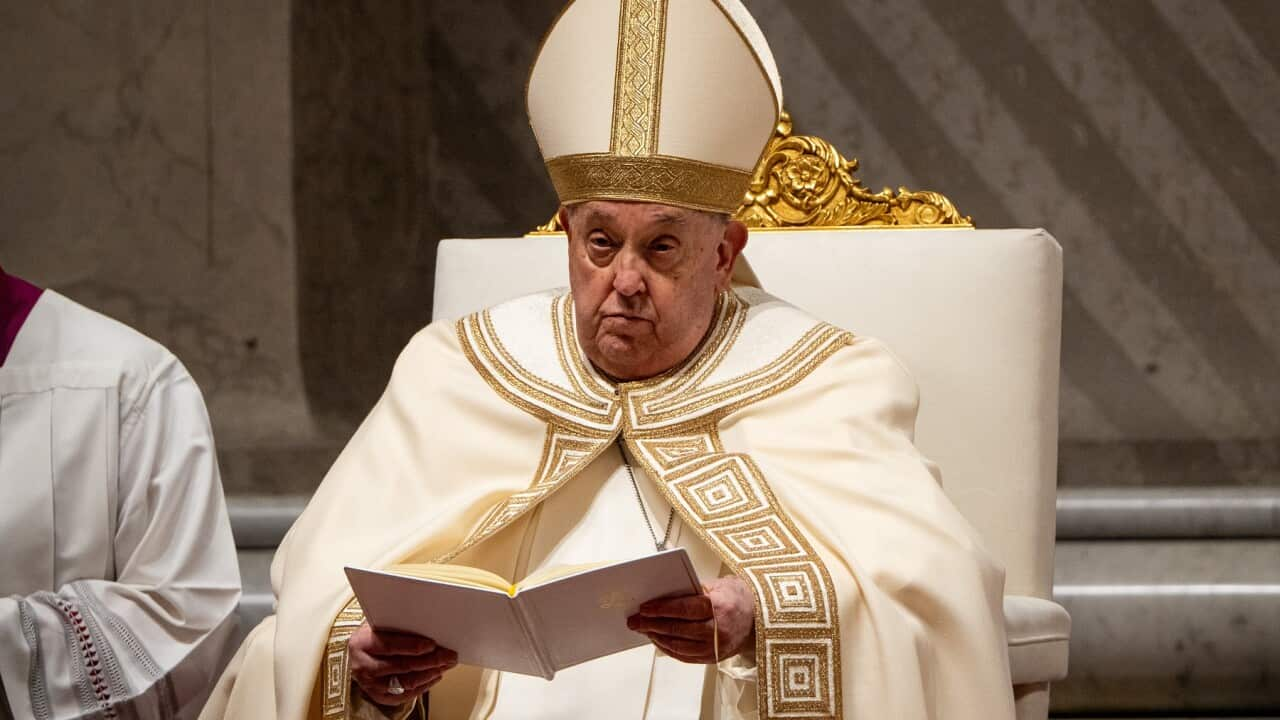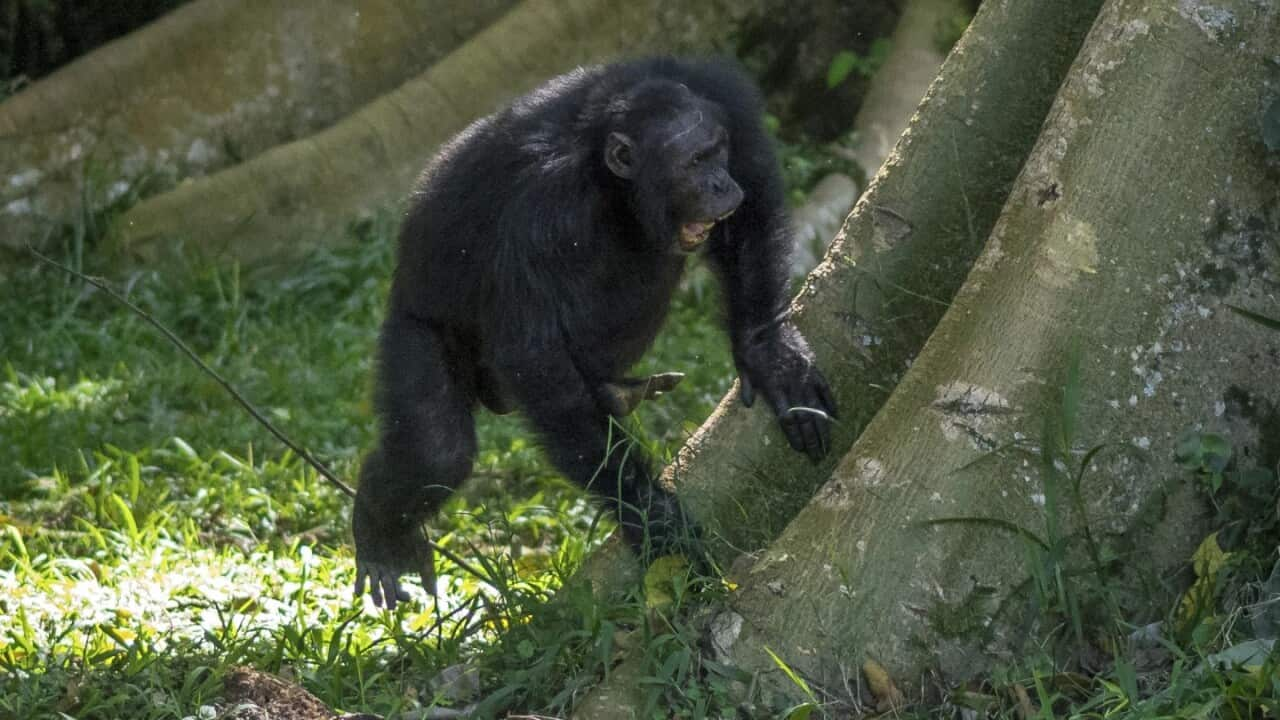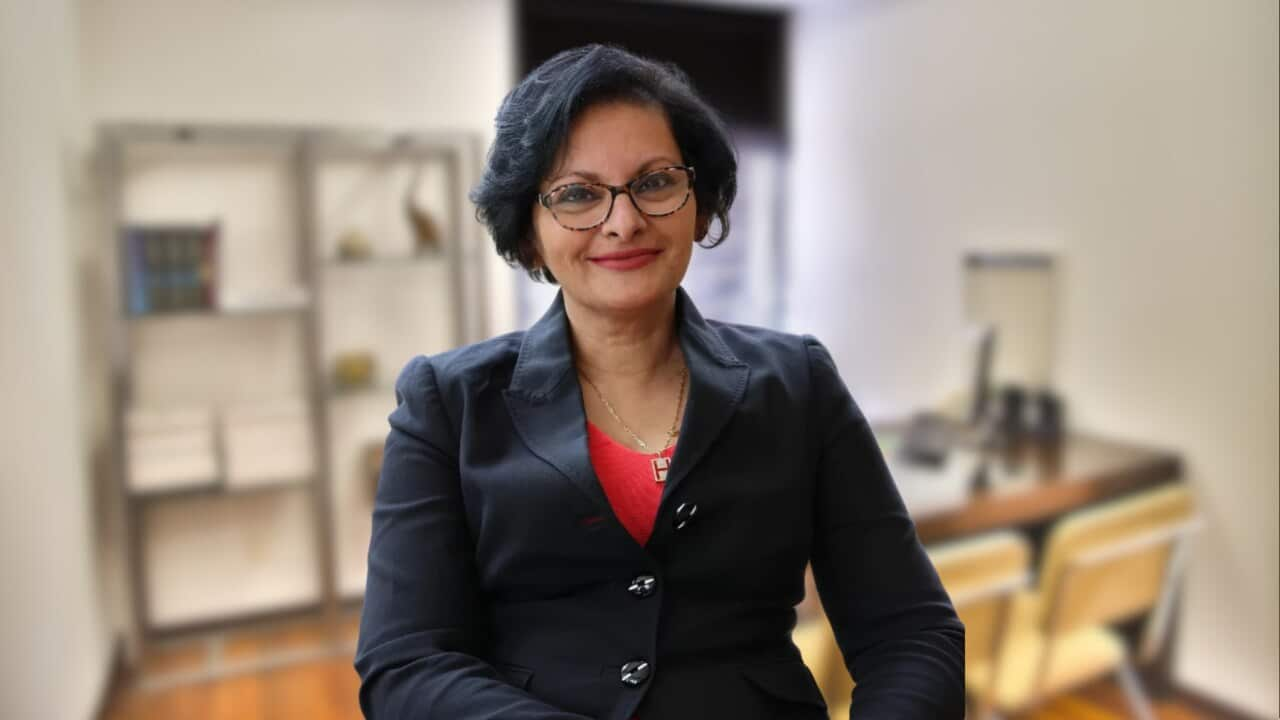TRANSCRIPT
The Vatican has released Antiqua et Nova, Latin for 'Old and New', a 30-page document outlining ethical principles for artificial intelligence.
Signed by top church officials, it emphasises that AI should support—not replace—human intelligence.
The document builds on Pope Francis’ warnings about AI risks, covering its use in warfare, healthcare, and beyond.
It presents human intelligence as a divine gift, contrasting it with AI’s reliance on pattern recognition and task-specific functions.
The Vatican warns of AI’s unpredictable consequences, stating, “AI should be used only as a tool to complement human intelligence, rather than replace its richness.”
Paul Desmond Tighe is secretary of the Vatican Dicastery for Culture and Education.
“So what we're trying to do is to say this is wonderful technology. It can replicate and in some ways do better certain forms of human intellectual tasks. But the human intellectual achievement, human intelligence goes beyond simply reasoning and analysis and spotting patterns, producing solutions to determined problems. Human intelligence also wants to think about what it is that gives purpose, meaning and value to life. What are the types of ways of living, ways of being a community that help us all as individuals and help society in general? So in one sense, what the document is trying to do is place AI into that broader human context.”
It also raises concerns about artificial general intelligence, which could surpass human capabilities.
The release comes as China’s DeepSeek AI chatbot gains traction, challenging US models at a lower cost.
Father Tighe also spoke about AI’s role in education.
“I think part of what we want to reflect on is how we will educate using AI. But I think we also want to reflect on how we will educate people to live with AI, that people will learn to be able to assess more critically how AI works. Become more attentive to what are the databases that are being used? Are they truly inclusive? Do they reflect the whole range of human experience? One of the things that, this is a cultural issue as well, one of the things we'd have to worry about at times is languages or ideas or traditions that haven't got a long written tradition that have lived primarily in an oral environment, have never been, cannot be so easily digitalised and won't form part of the database on which AI is going to make its discoveries.”
Father Paolo Benanti is head of the Italian government’s AI committee.
He says that as algorithm-driven decisions become more common in daily life, people are increasingly shaped by them.
"It goes the algorithmic decision of human beings, are much more present in society. We can summarise all the concerns of the Church as a deeply request to recognise human dignity is its own identity and to protect it from some kind of machine automatic behaviour."
Father Benanti cautions about a potential shift in global AI competition:
“I am wondering if DeepSeek cannot produce what we can define as a 'Sputnik' moment on the United States. Now the United States has a huge competition among (AI) players to produce much more successful models for the market, but when Sputnik was put in the space, the United States reacted making a huge national plan that produced NASA and also the space exploration and the conquering of the moon."
He uses the United States, now under Donald Trump, as an example.
"So we have to look really carefully at what is going on in the United States, especially with the new presidency (of Donald) Trump as a reaction to the ability of China, also with the constraints on computational power given by the constriction on Nvidia chips in the market, to foster such kind of confrontation in something that probably not produce a Cold War but at least a commercial war, for sure.”
With the release of this document, The Vatican’s stance is clear. ... A-I must be developed and used in a way that serves humanity, ensuring ethical oversight and accountability in its advancement and application.













